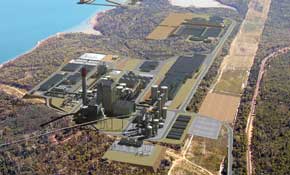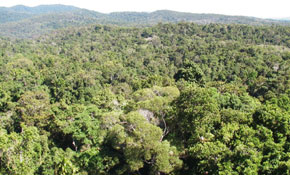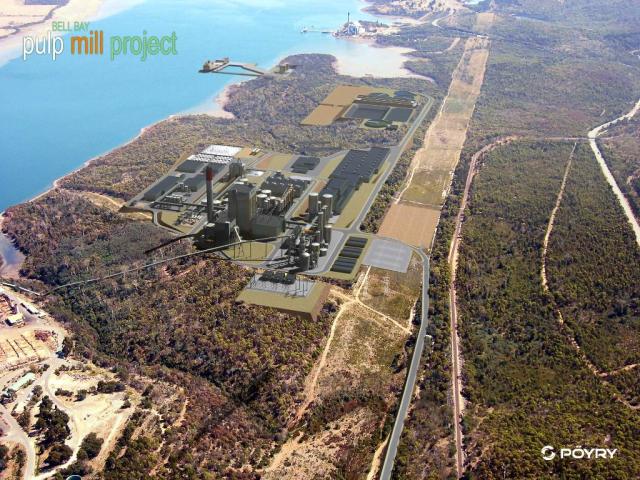
Gunns chairman John Gay said yesterday that the company now had the security of supply it needed to opt for plantation timber, after being appointed as a responsible entity for nine former Great Southern timber managed investment schemes.
Prominent environmentally focused printer Finsbury Green described the move as a “positive step towards more sustainable forestry and paper making”, but maintained that there was still work to do to make sure the mill isn’t harmful to the environment.
“From our point of view, we’re definitely pleased it’s a decision they’ve made,” said Finsbury Green national environmental and technical manager Rodney Wade.
“However, the issues with that mill are still at the back-end. We still need to understand how they’re going to be dealing with waste, that’s the critical thing,” he added.
The federal government last year rejected several aspects of Gunns’ Environmental Impact Management Plan covering the mill’s potential effluent discharge into Bass Strait.
According to Gay: “The Bell Bay mill has always been planned and designed as a plantation based mill.
“However, with Gunns’ existing resources, it was not possible for Gunns to guarantee supply to the mill of 100% plantation timber until five years after commencement of mill operations.
Gay added that operating the mill on 100% plantation timber from the start would mean the site was consistent with modern bleached Kraft pulp mills in South America that also operate on 100% plantation supply.
“This decision should mitigate any concerns of stakeholders regarding fibre supply to the Bell Bay mill,” he added.
The Wilderness Society also offered conditional praise for the announcement.
“Gunns’ announcement is a step in the right direction,” said Wilderness Society pulp mill campaigner Paul Oosting.
“However, the proof we will need to see that Gunns is genuine is an end to the native forest-based wood supply deal. The wood supply deal currently locks in the annual supply of more than 1 million tonnes of native forest wood for the next 20 years,” said Oosting.
“For Gunns’ to become an environmentally and socially acceptable company and to achieve international standards, it must move existing business operations away from a dependence on logging native forests and focus entirely on the existing plantation estate.”
Comment below to have your say on this story.
If you have a news story or tip-off, get in touch at editorial@sprinter.com.au.
Sign up to the Sprinter newsletter



